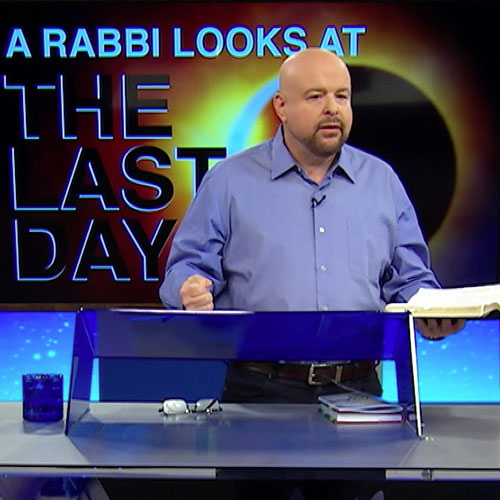
“Search me, O God, and know my heart. Examine me, and know my anxious thoughts, and see if there be any offensive way within me, and lead me in the way everlasting.”
―Psalm 139:23‒24
At Rosh Hashanah (ROSHE Hah-SHAH-nah), Jewish people around the world spend time in reflection and repentance. The Jewish New Year offers the opportunity to examine our lives and our relationships with God.
David laid his life open before God asking Him to search his heart and show him where he fell short (Psalm 139:23‒24). God sees us as righteous through the cleansing blood of Yeshua (Jesus); self-examination, confession and repentance keep our fellowship with Him clear and close. As you spend time this Rosh Hashanah taking stock of your life, here are five things to consider.
1. Consider Your Ways
“I have considered my ways and turned my feet back to Your testimonies.”
―Psalm 119:59
Examining your “ways” is an obvious starting point for any period of self-evaluation. Consider your actions, habits, thoughts and attitudes. As you do, keep in mind that all of us fall short in countless ways. Take care that you do not become overwhelmed with every single flaw. God calls us ever upward, and until we meet him face to face, we will not cease to need improvement. Each of us is a work in progress dependent on the Holy Spirit for change.
Ask God to show you what to focus on during this time of reflection. In confession and repentance, lay before Him the areas He reveals to you. Acknowledge your need of His life-changing power, and ask Him to transform you and guide you to pursue growth in each area.
2. Consider What God Has Done
"I will meditate also on all Your work and consider Your deeds.”
―Psalm 77:13
As you take stock of your life, also consider what God has done for, in and around you. We sometimes forget God’s many provisions throughout the year. The busyness of life can make it easy to overlook His many graces and gifts. He is a God who works wonders – in the earth and in our lives. Rosh Hashanah provides us the opportunity to look back and remember all the ways God has met our needs and shown us His love.
God is always at work to strengthen and mature you into the image of His Son, and He reveals His love in countless ways each day. As you examine the past 12 months, look for God’s handiwork. Rediscover the gifts He gave you and how He has moved in your life and in the lives of others. Thank Him for His blessings this past year, and determine to be on the lookout for His gifts in the year ahead.
3. Consider How to Encourage Others
“And let us consider how to stir up one another to love and good deeds. And do not neglect our own meetings, as is the habit of some, but encourage one another – and all the more so as you see the Day approaching.”
―Hebrews 10:24
Most of us would agree that we want to encourage people. Still, how many of us intentionally ponder ways to accomplish this? Aside from our children and families, do we take the time to think about how we can encourage others and “stir them up to love and good deeds”?
In the year to come, consider how you might encourage the people you encounter in the various areas of your life. Reflect on how your life and words could inspire others and spur them to be their best, and most loving and giving, selves.
4. Consider Suffering Differently
“Consider it all joy, my brethren, when you encounter various trials, knowing that the testing of your faith produces endurance. And let endurance have its perfect work, so that you may be perfect and complete, lacking nothing.”
―James 1:2‒3
No one likes to suffer. Despite what James exhorted, hardship is something we earnestly try to avoid. And that’s natural. But what if suffering opens a way to discover the deep joy and unflappable peace we genuinely crave? We’d much prefer to gain those without the affliction, but in God’s kingdom, our trials are often the tools He uses to shape and complete us.
As we trust God with our challenges and pain, we discover His faithfulness and compassion toward us. The various difficulties we endure in this life are opportunities to move another step closer to living with the contentment and joy we so long for. Walk with Him through your suffering, embracing Him, trusting Him, and letting Him produce in you the fruit that satisfies.
5. Consider the Value of Knowing Yeshua
“But whatever things were gain to me, these I have considered as loss for the sake of the Messiah. More than that, I consider all things to be loss in comparison to the surpassing value of the knowledge of Messiah Yeshua my Lord.”
―Philippians 3:7‒8
What would your life be like if you did not know Yeshua? Consider all you have gained from placing your faith in Him. The assurance of the world to come ‒ hope for an eternity spent with no more sin or sorrow ‒ is a future blessing that can help us get through the toughest of times in our lives. Of course, God’s riches are for this life as well. He gives us wisdom to guide our decisions, comforts us in our affliction, and gives us strength when we are weary. He meets our needs, intervenes with answered prayer, and nurtures us with unconditional love.
As you review the previous year and your relationship with God, spend some time meditating on this: Can you say with the apostle Paul that all other gain amounts to loss compared to knowing Jesus? Take your answer into your prayers for the new year.
May your Rosh Hashanah reflection and the coming year be sweetened by deep fellowship with Messiah Yeshua.
Get the Fall Feasts Infographic
Discover the meaning and wonder of Rosh Hashanah, Yom Kippur, and Sukkot with this specially designed infographic.





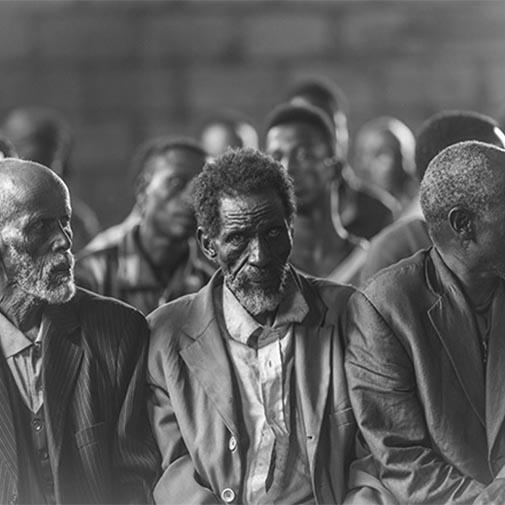
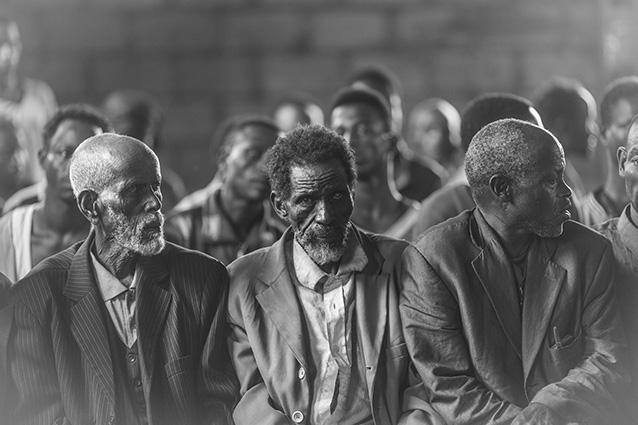


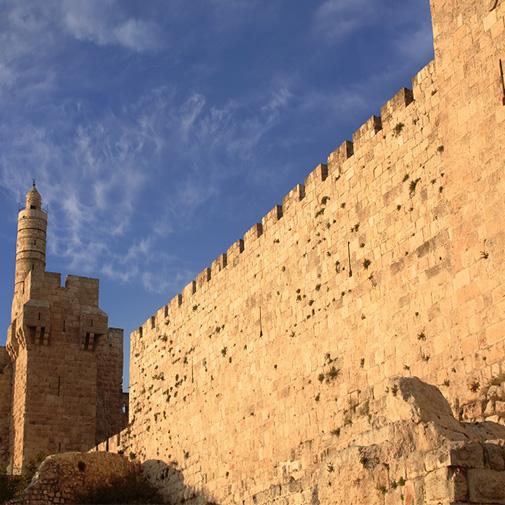
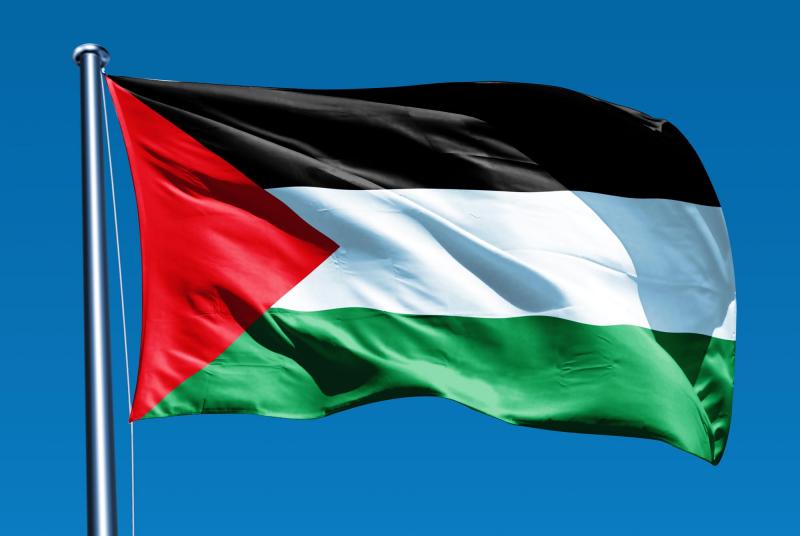


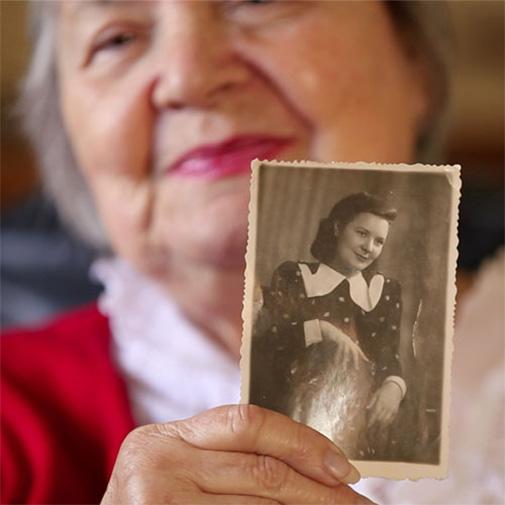
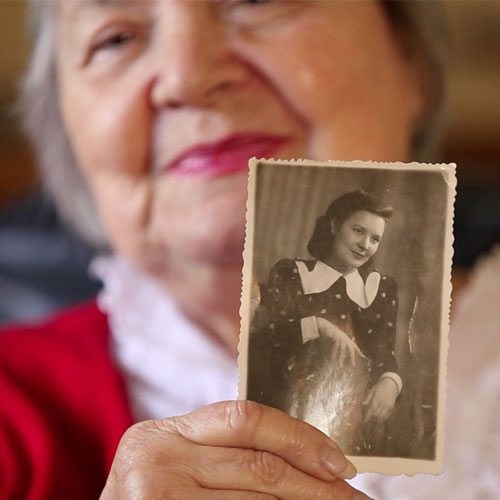 Clara already survived a horrific nightmare, and witnessed evil that most of us cannot imagine. You’d like to think dear people like her could find security and comfort in their last years.
Clara already survived a horrific nightmare, and witnessed evil that most of us cannot imagine. You’d like to think dear people like her could find security and comfort in their last years.